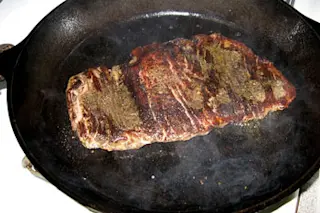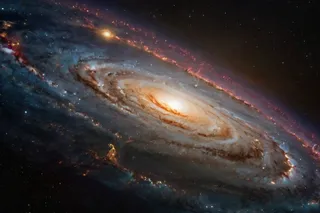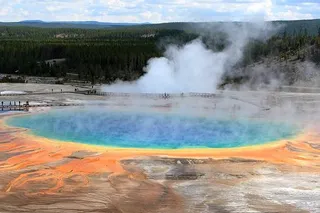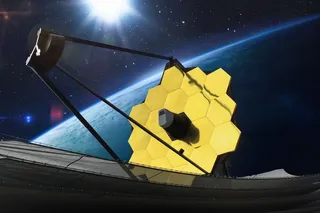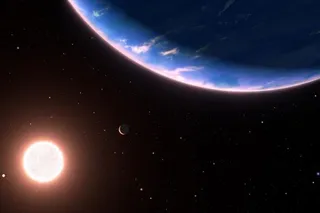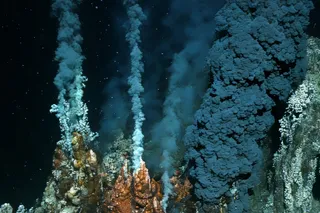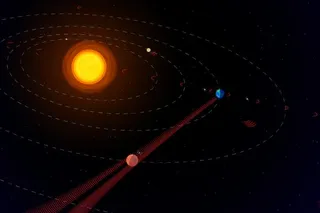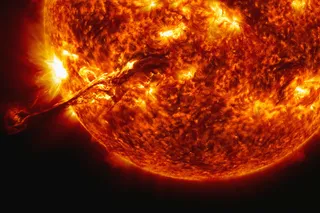You’ll never get to take a deep breath and smell the roses in Earth’s orbit. The distinct lack of air there means you’d die a gruesome death sans space helmet, probably without smelling a thing.
Ah, but what about once you get back in your ship? As many places around the Web have been discussing recently, astronauts have said that upon coming back from space walks and taking off their gear, a certain specific scent seems to hang in the air…some think it smells like charred steak, or maybe like something metallic.
Here’s how astronaut Don Pettit put it nearly ten years ago:
Each time, when I repressed the airlock, opened the hatch and welcomed two tired workers inside, a peculiar odor tickled my olfactory senses. At first I couldn’t quite place it. It must have come from the air ducts that re-pressed the compartment. Then I noticed that this ...


